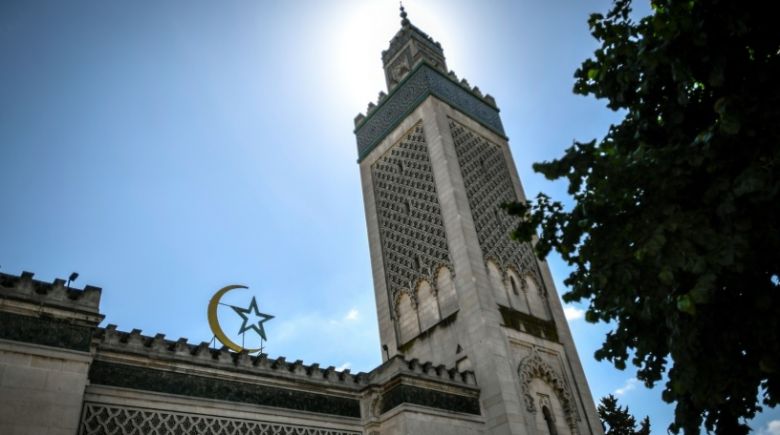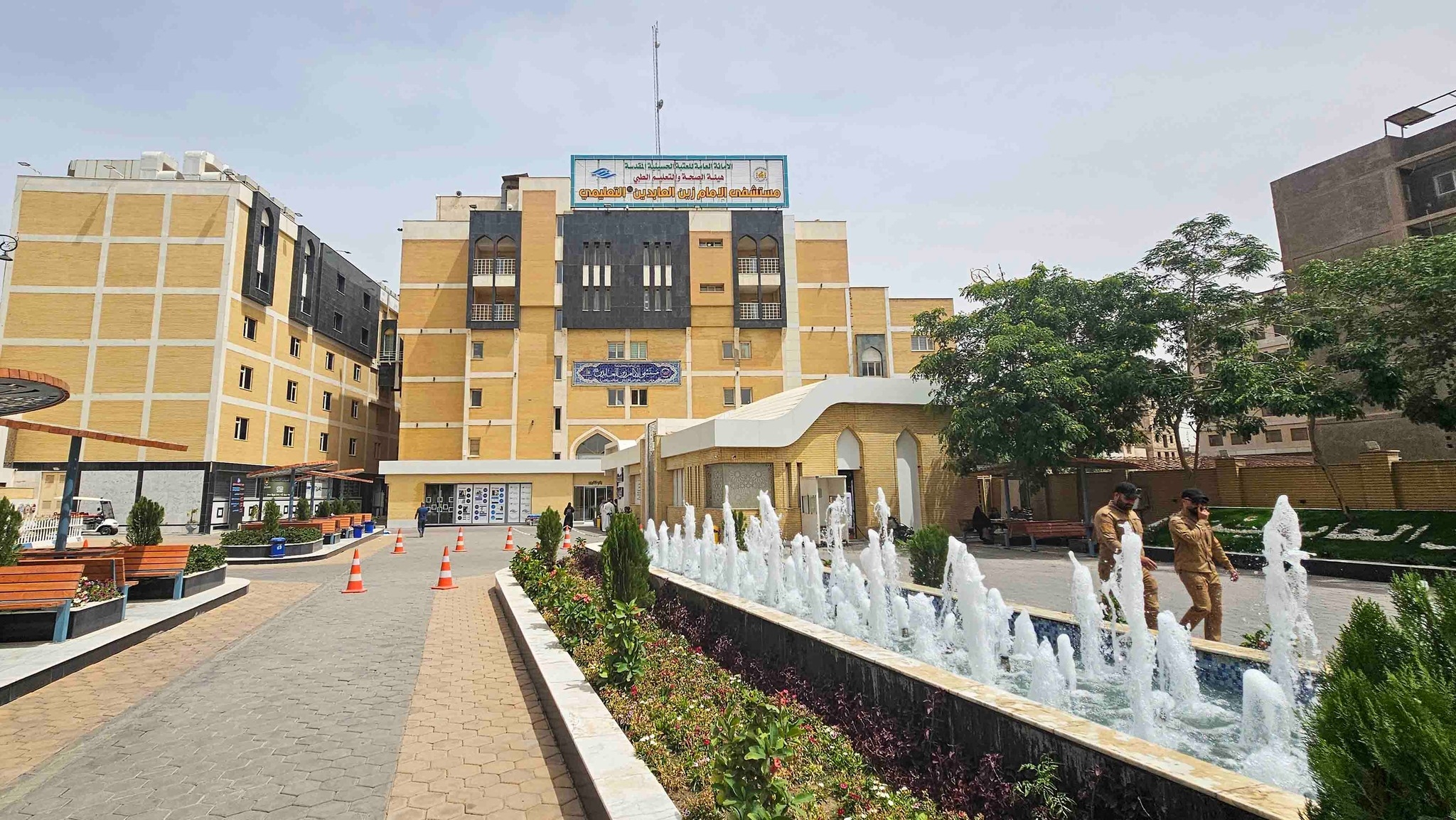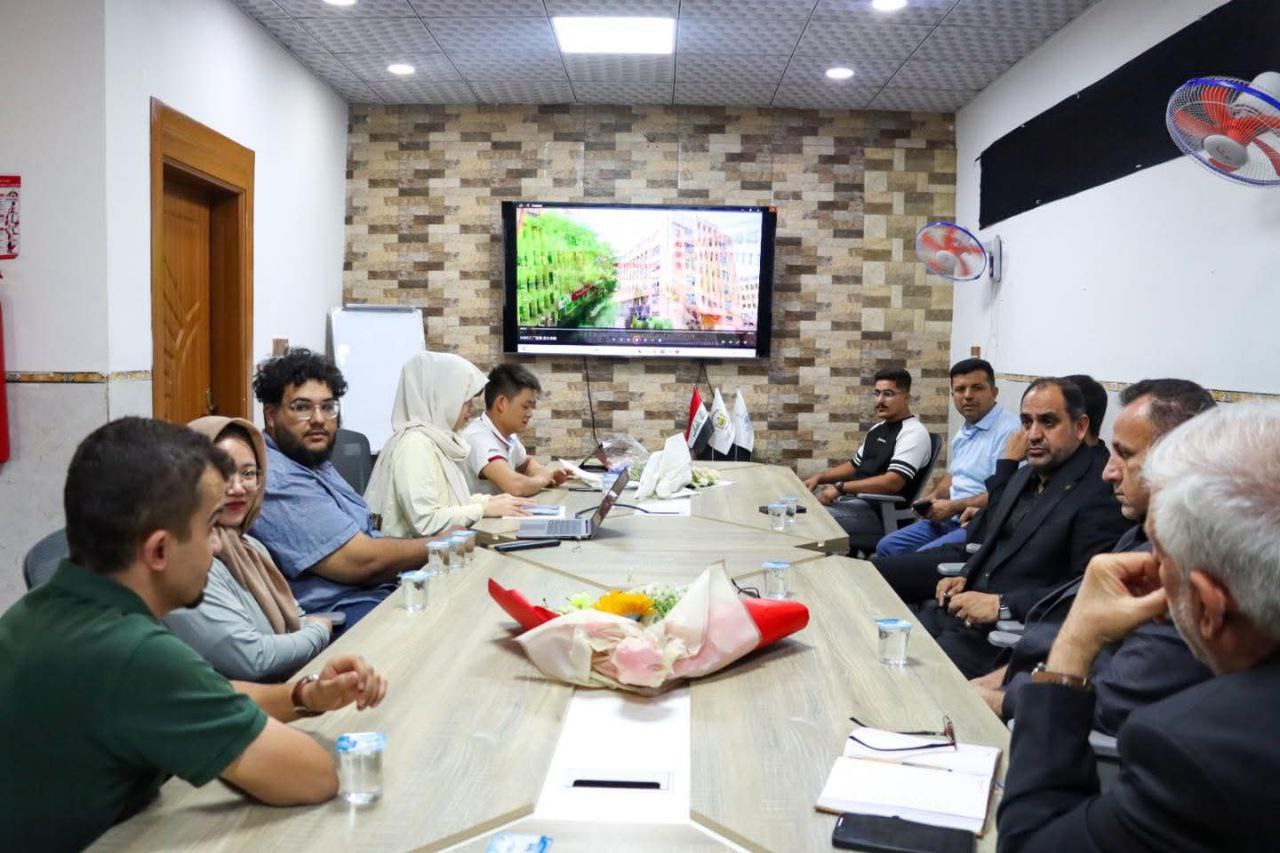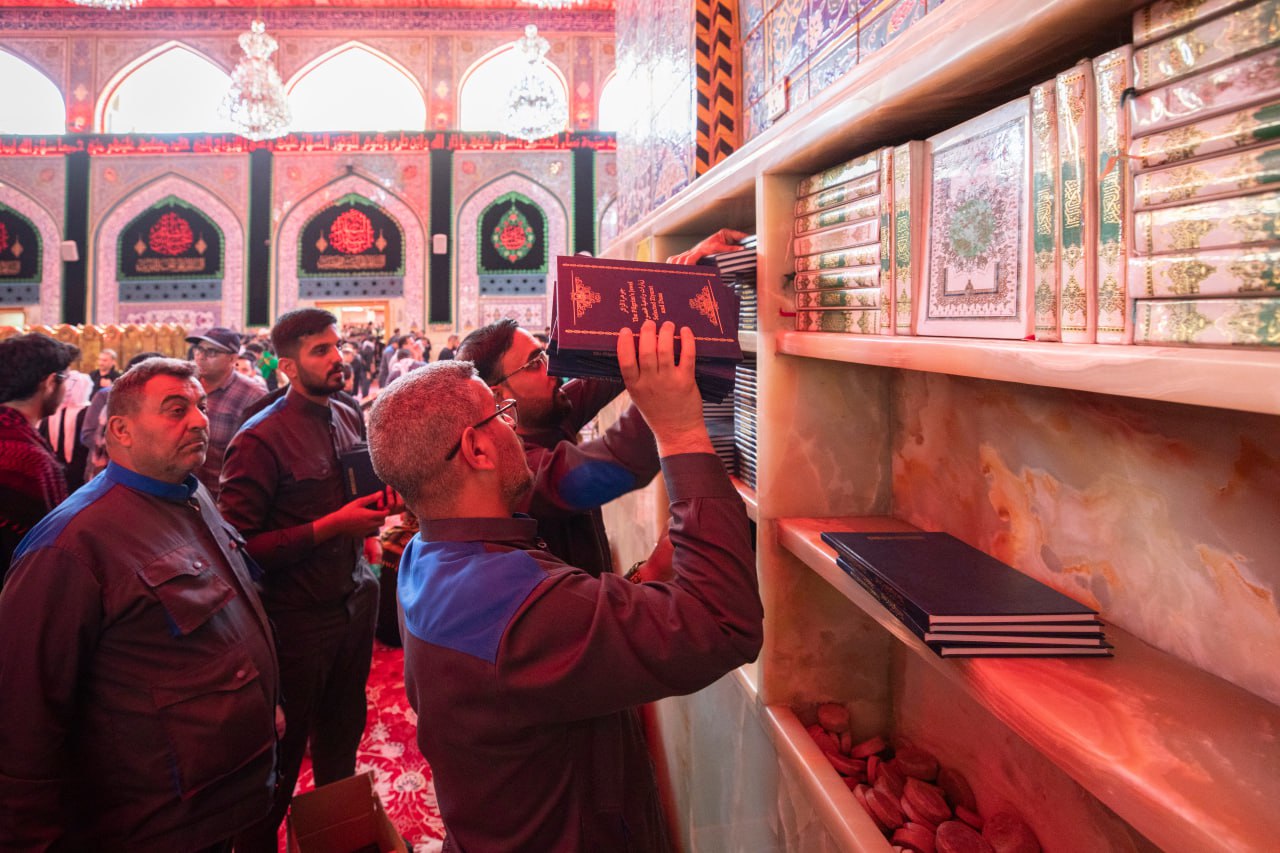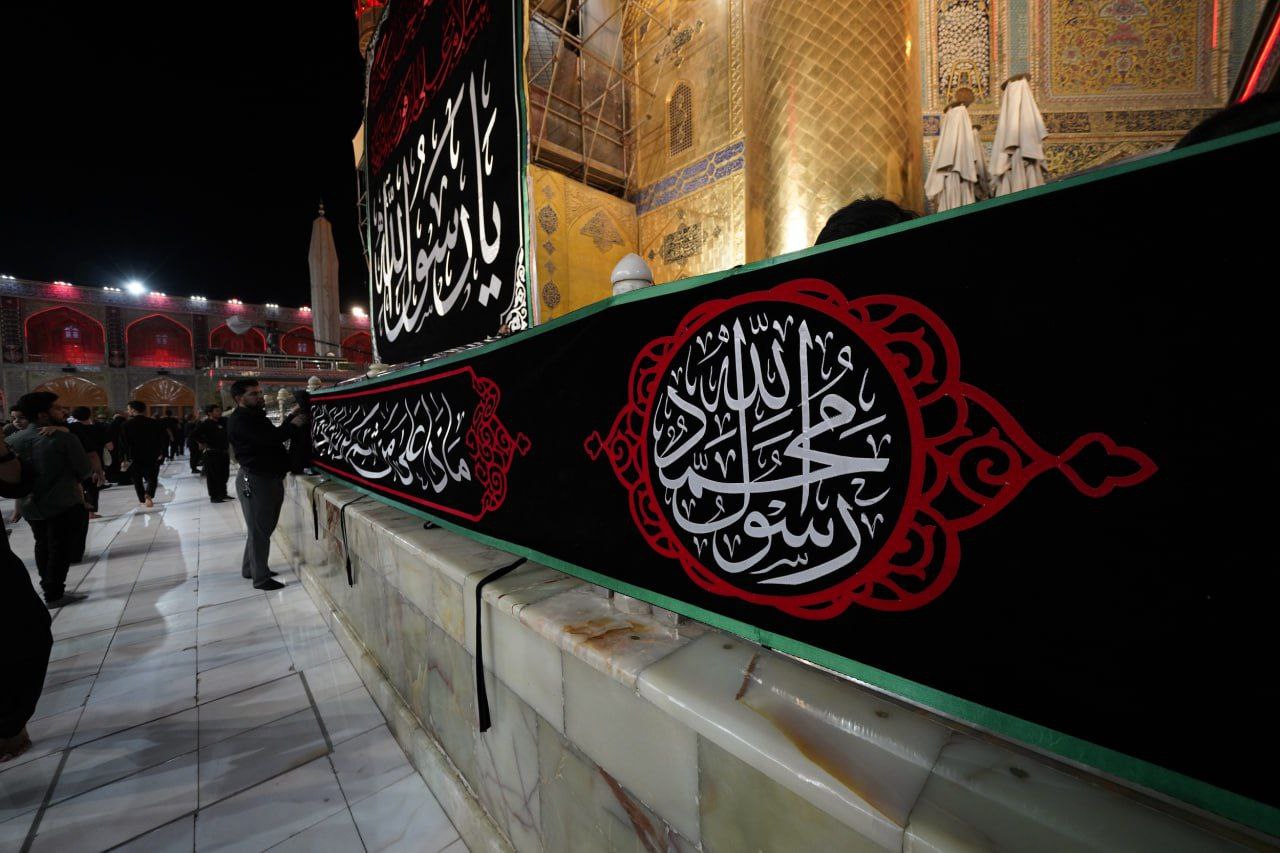The New York Times: Building a mosque in France has become a difficult task
The New York Times published a report by Norimitsu Onishi and Constant Méheut from the city of Angers, France, in which they said that building a mosque was never easy and may become more difficult.
The report mentioned that a slaughterhouse in which the temperature reaches zero degrees has served as a temporary mosque for the past 21 years for many Muslims in this town.
Construction on a permanent home has stalled since last fall when the City Council unanimously rejected a proposal by Muslim leaders to hand ownership of their unfinished mosque to the government of Morocco in return for its completion. Local members, after donating more than $2.8 million, were tapped out.
The newspaper says that building a mosque in France is a tortuous endeavor at the best of times, as Muslims are usually poorer than the rest of the French, but the search for donors from abroad raises many concerns - both inside and outside Muslim communities - which have come under the strict supervision of President Emmanuel Macron and his law against Islamism, which is expected to get final approval in the Senate in coming weeks.
Under the 1905 law, no public funds can be spent toward building any religious facilities. But the law also made all religious buildings built before the statute was passed the property of the state, which maintains them and allows them to be used free for religious services.
According to a 2015 Senate report, France’s Muslim population has grown rapidly since the 1970s, and is believed to now number about six million, or around 10 percent of the total population. About two million of them practice their faith in 2,500 mosques that receive little or no public money.
By contrast, France has 3.2 million practicing Catholics who have access to about 45,000 church buildings, 40,000 of which are owned by the government and maintained with taxpayer money, according to the report.
The disparities also touch on everything from government subsidies to private schools to credits on personal income for donations, which overwhelmingly favor Catholics and high-income taxpayers. But they are perhaps most glaring in physical structures. Even as Mr. Macron has pledged to nurture an “Islam of France,” followers of the faith suffer from an acute shortage of proper mosques across the country.
Unable to finance mosque-building themselves, generally unassisted by the state, Muslim communities have turned to governments abroad for help.
The newspapers says that this may now become more difficult under Mr. Macron’s new law, which is intended to combat Islamism by toughening rules on secularism and controls over religious organizations, including tightening the flow of foreign donations.
